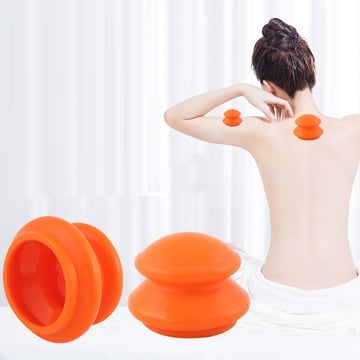Introduction
Silicon medical products are becoming increasingly popular in the healthcare industry due to their flexibility, durability, and low allergenicity. However, one question that healthcare professionals often ask is: Can silicon medical products be safely sanitized?
Properties of Silicon
Silicon is a stable and non-reactive material that has a high resistance to heat, chemicals, and pressure. This makes it an ideal material for medical devices and equipment that require frequent cleaning and sterilization.
Silicon’s Resistance to Sterilization Methods
Silicon can withstand many different sterilization methods, including steam, hydrogen peroxide gas plasma, ethylene oxide, and gamma irradiation. Each sterilization method has its own advantages and disadvantages, and the choice of method should be based on the type and intended use of the medical product, as well as the manufacturer’s guidelines.
Cleaning and Disinfecting Silicon Medical Products
Before sterilization, it is important to clean and disinfect silicon medical products properly. This can be achieved using mild, non-abrasive cleaners and disinfectants that have been approved for use on silicon materials. The product should be rinsed thoroughly after cleaning to remove any residue, and then dried.
Precautions to Take
While silicon medical products can be safely sanitized, there are a few precautions that healthcare professionals should take. Firstly, the manufacturer’s guidelines should be followed carefully to ensure that the product is not damaged or degraded during the sterilization process. Secondly, the product should be inspected carefully before each use to ensure that it is still in good condition.
Advantages of Silicon Medical Products
One of the main advantages of silicon medical products is their ability to resist bacteria and viruses. This makes them an ideal material for medical devices and implants that need to be in contact with the human body for extended periods of time. Silicon is also biocompatible, non-toxic, and non-allergenic, which means that it is unlikely to cause adverse reactions in patients.
Disadvantages of Silicon Medical Products
While silicon medical products have many advantages, there are some disadvantages to consider. Firstly, the initial cost of silicon products can be higher than that of other materials. Secondly, silicon products can be difficult to repair if they become damaged, which could lead to increased costs and downtime.
Safety and Environmental Concerns
Silicon is considered to be a safe and environmentally friendly material for medical products. It does not contain any harmful chemicals or substances, and it is biodegradable. However, it is important to dispose of silicon products carefully to avoid any negative impact on the environment.
Conclusion
In conclusion, silicon medical products can be safely sanitized using a range of sterilization methods. However, it is important to follow the manufacturer’s guidelines and take appropriate precautions to ensure that the product remains in good condition. Silicon medical products have many advantages, but also some disadvantages, and healthcare professionals should consider these when choosing materials for medical devices and equipment.

